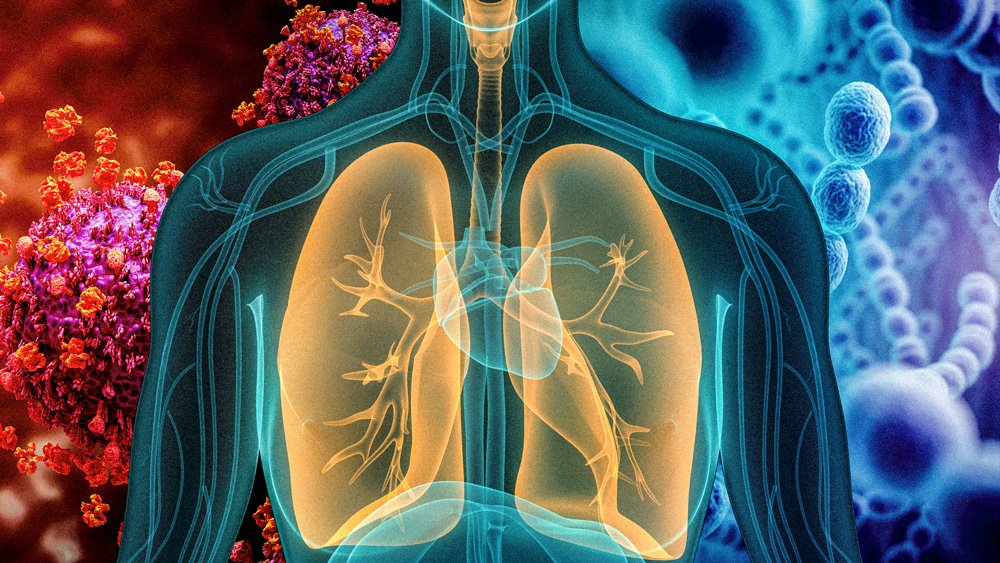Goiter is a thyroid condition characterized by an irregular development of the thyroid organ, coming about in a recognizable swelling in the neck. The thyroid organ, a crucial organ arranged in the neck, plays a pivotal part in directing different substantial capacities, counting digestion system, development, and advancement, through the generation of basic hormones. When the organ broadens, it can trigger a run of indications, from gentle inconvenience to serious complications, making it basic to get it the condition and its suggestions. An irregular broadening of the thyroid organ, surpassing its ordinary estimate and weight, characterizes goiter, driving to a unmistakable swelling in the neck that requires therapeutic consideration.
Reference: Goiter
Causes of Goiter
Goiter improvement can be ascribed to different variables. Iodine lack is a essential cause, as lacking iodine admissions disables thyroid hormone generation, driving to glandular extension. Also, thyroid knobs, which are irregular cell developments on the thyroid organ, can too accelerate goiter. In a few cases, threatening changes inside the thyroid organ, or thyroid cancer, can cause the organ to broaden. Immune system disarranges, such as Hashimoto’s thyroiditis, where the safe framework erroneously targets the thyroid organ, can moreover contribute to goiter. Moreover, presentation to radiation can harm the gland’s cellular structure, activating extension. Other less common components may moreover play a part, counting hereditary inclination, hormonal lopsided characteristics, fiery conditions, and certain drugs, highlighting the significance of a comprehensive therapeutic assessment to decide the fundamental cause of goiter.
Symptoms of Goiter
- Neck Swelling: A discernible extension in the neck region, which can be an unmistakable sign of goiter.
- Respiratory Troubles: Compression of aviation routes can lead to breathing challenges or gulping obstacles.
- Vocal Changes: Extension of the thyroid organ can influence vocal line work, coming about in dryness or modified voice tone.
- Weariness and Shortcoming: Goiter can cause physical fatigue and muscle weakness.
- Weight Vacillations: Unexplained weight pick up or misfortune can happen due to hormonal imbalances.
- Disposition Unsettling influences: Passionate changes, such as misery, uneasiness, or crabbiness, can be connected to goiter.
Extra Symptoms:
- Joint torment or stiffness
- Skin dryness or thinning
- Hair misfortune or delicate hair
- Cold bigotry or affectability
Reference: Symptoms
Diagnosis
A comprehensive symptomatic approach is fundamental for recognizing goiter. Therapeutic experts utilize tests to evaluate thyroid work and glandular well-being. Blood tests, such as thyroid work tests (TFTs), give profitable experiences into hormone levels, making a difference in clinician’s pinpoint lopsided characteristics. Imaging innovations, counting ultrasound and thyroid filters, offer nitty gritty visualizations of the thyroid gland’s estimate, shape, and nodular structure. To assist examine suspicious tissue, clinicians may perform biopsies, and analyze cellular tests through histopathology. A careful therapeutic history and physical examination moreover illuminate the demonstrative preparation. Specialized tests like radioactive iodine take-up or thyroid scintigraphy may be utilized to gauge glandular work. By coordinating these demonstrative devices, healthcare suppliers can precisely analyze goiter and create personalized treatment techniques.
Treatment
Effective management of goiter often involves a combination of medical interventions and lifestyle adjustments. Pharmaceutical treatments may include thyroid hormone replacement therapy to stabilize hormonal levels or anti-thyroid medications to modulate glandular function. In some cases, surgical procedures such as thyroidectomy or colectomy may be necessary to remove the thyroid gland or nodules. Radioiodine therapy, which utilizes radioactive iodine to reduce thyroid gland size, is another treatment avenue. Complementing these medical approaches, individuals can adopt lifestyle modifications and home remedies to support their treatment plan. This may encompass dietary enhancements, stress reduction techniques, and avoidance of substances that can aggravate thyroid function. By integrating these treatment strategies, individuals with goiter can optimize their care and alleviate symptoms.
Complications and Related Conditions of Goiter
- Thyroid Hormone Overload: A life-threatening condition caused by excessive thyroid hormone release, requiring immediate medical attention.
- Parathyroid Gland Dysfunction: A rare complication of thyroid surgery, leading to calcium level imbalances and bone health issues.
- Thyroid Malignancy: Untreated goiter increases the risk of thyroid cancer, emphasizing the importance of early diagnosis and treatment.
- Thyroid Hormone Deficiency: A condition characterized by fatigue, weight gain, and other symptoms, resulting from insufficient thyroid hormone production.
- Thyroid Hormone Excess: A condition marked by weight loss, anxiety, and other issues, caused by excessive thyroid hormone release.
- Associated Health Risks:
- Iron deficiency anemia
- Osteoporosis
- Cardiovascular disease
- Reproductive health issues
Reference: Related Conditions
Goiter is a multifaceted condition characterized by thyroid gland enlargement, leading to a myriad of symptoms and potential complications. Notably, the causes of goiter are diverse, ranging from iodine deficiency to thyroid hormone imbalances and nodules or cysts on the thyroid gland. Consequently, it is essential to recognize the symptoms, which may include visible neck swelling, respiratory difficulties, vocal changes, and hormonal imbalances. Furthermore, if left untreated, goiter can lead to severe complications, such as thyroid crisis, hypoparathyroidism, thyroid cancer, and related conditions like hypothyroidism and hyperthyroidism. Fortunately, effective treatment options are available, including medications, surgery, radioiodine therapy, and lifestyle modifications. Therefore, it is crucial to seek medical attention if symptoms persist or worsen over time, as early diagnosis and treatment can significantly improve outcomes and prevent long-term complications. Ultimately, prompt medical attention is vital for managing goiter and maintaining overall thyroid health.







